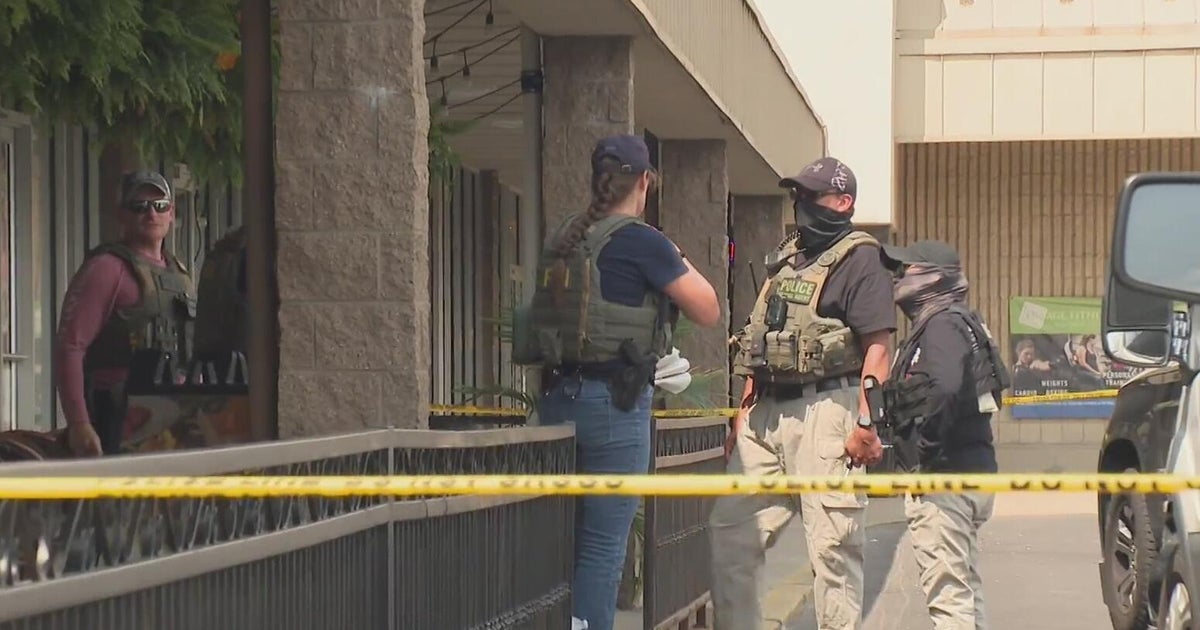UPMC Doctors Trying To Raise Awareness About Benefits Of Naps For First Responders
PITTSBURGH (KDKA) -- Doctors at UPMC are trying to raise awareness about the benefits of napping for first responders.
KDKA's Meghan Schiller found out this new napping study applies to everyone looking to make informed decisions about rest but especially applies to first responders, police officers, firefighters, pilots, train operators and other high-risk jobs.
Research shows their ability to stay awake and make decisions with a clear mind directly impacts people's safety.
"We call it a safety nap. When they can get a safety nap in, it's a really good idea to do that. Any deposits into the sleep bank is important for these guys because they might be up for the entire night," said Greg Porter, assistant director of the Ross/West View EMS.
When lives are on the line, Porter expects his paramedics to feel rested.
"It's not a written policy, per se. It's more along the lines of, if you're tired, go lay down," Porter said.
Shift workers know the benefits of a nap, but only recently did a new study from the University of Pittsburgh address the question: How long should it be?
"What we discovered was that to avoid sleep inertia or that groggy feeling that you feel when you wake up after a nap, it's best to engage in short duration naps such as 30 minutes or less. If you're interested in health outcomes, such as mood or cardiovascular outcomes and you have the permission or opportunity, longer duration naps are most appropriate," said Pitt associate professor Daniel Patterson, PhD.
Dr. Patterson cites how fatigue in EMS can lead to increased odds of injury and error. Brian Maloney, the director of Plum EMS, calls it an impairment.
"I've been working EMS for 22 years and there have been times where it almost feels like you're intoxicated, you're so tired and exhausted," Maloney said.
Swissvale Fire Chief Clyde Wilhelm describes a typical night:
"Last evening, they had a call at 2:40 in the morning, one at 4:25 in the morning, one at 6:51 the morning," he said.
On top of that, many first responders balance a second job because the pay isn't always great.
"I would say probably 75 percent have a second job," Porter said.
Porter, Maloney and Wilhelm don't display a written rest policy but encourage the downtime.
"Once we get all that stuff done, relax and kick back, watch some TV, take a nap, go back in the bunk rooms," said Maloney.
It's feedback Dr. Patterson likes to hear. He hopes other chiefs read the research.
"Do you want a paramedic or first responder who's been awake for 24 hours to care for you or your loved one? I don't think so," Dr. Patterson said.



